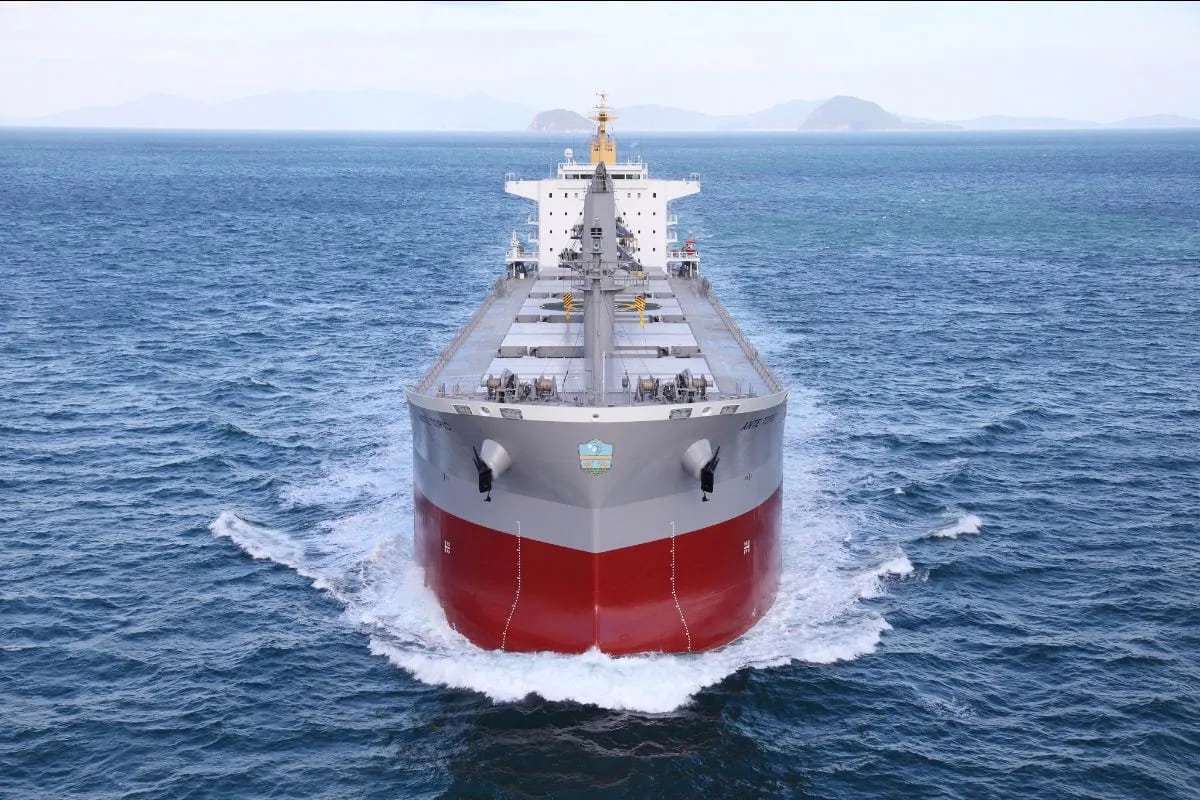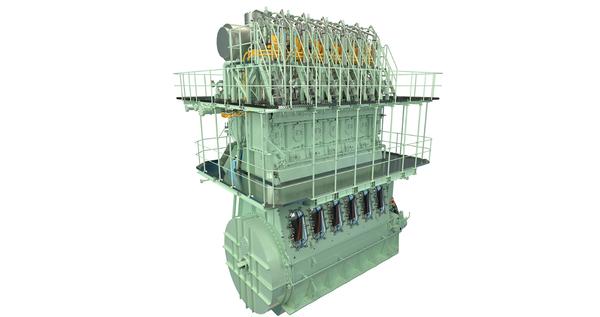EU project plans to retrofit bulk carrier to run on methanol and ammonia
European Commission has backed a new European project that aims to transform a conventional-fuelled bulk carrier into a methanol-and-ammonia-capable ship.
 PHOTO: Ante TOPIC bulk carrier operated by Marfin Management. Facebook of Marfin Management
PHOTO: Ante TOPIC bulk carrier operated by Marfin Management. Facebook of Marfin Management
An auxiliary power generator of a TOPIC bulk carrier will be retrofitted with an ammonia and methanol-compatible fuel system as the first step in the project.
Marfin Management operates the TOPIC fleet, while ANT Topic SRL manages its technical and operational aspects.
“Ammonia and green methanol will be bunkered on-to the ship and then converted into hydrogen with cracker and reformer technologies,” Icelandic engineering company Verkís explains. “The hydrogen will be purified and then converted into electricity with a fuel cell, which will be providing electric energy to the vessel and thus replacing the use of the auxiliary generators running on fossil fuel,” it adds.
In the concept, the solar panels will be installed on a ship to produce renewable energy for hydrogen production.
German Fraunhofer Institute will supply the ammonia- and methanol-to-hydrogen conversion technology. Canada's Ballard Power Systems will provide proton-exchange membrane fuel cells and Italy’s Solbian will supply the solar panels.
After demonstrating the feasibility of the auxiliary power supply, the next step will be to replace the vessel's primary fossil-fuel engine with an engine that runs on either ammonia or methanol.
“The integration will be based on a trade-off between weight, volume, cost and, above all, safety. Our challenge is to consider how the systems will impact on the current vessel and to maintain safety in all operations,” Elena Prato, ship designer Aurelia’s geotechnical engineer said.
The project is called "Green Ammonia and Biomethanol Fuel Maritime Vessels" (GAMMA) and will last for five years starting this month. It has been awarded a €13 million grant from the European Commission. In total, 16 cross-sectoral partners from multiple European countries will participate in the Verkis-led project.
“The shipping industry will need to adapt fast to new IMO rules as most existing commercial vessels run on conventional fossil fuels. This means the ships will not be commercially nor technically competitive by 2030 if investment in new ships or retrofitting with greener technologies will not take place,” the joint statement reads.
By Konica Bhatt
Please get in touch with comments or additional info to news@engine.online






